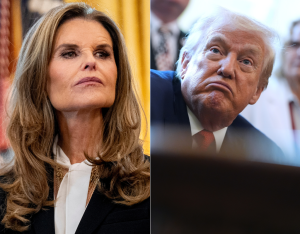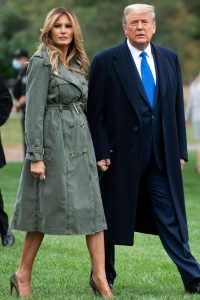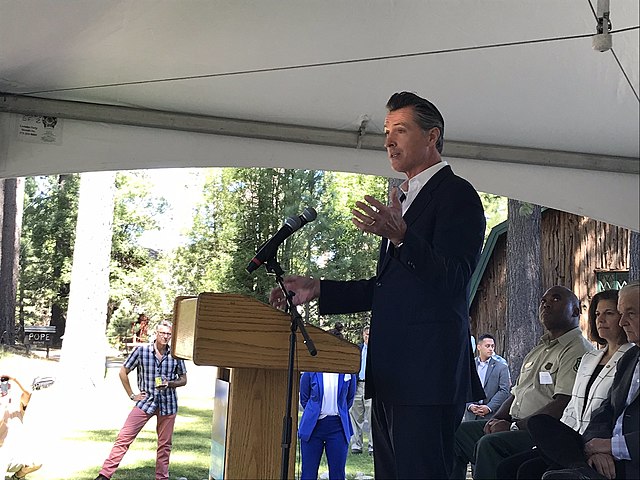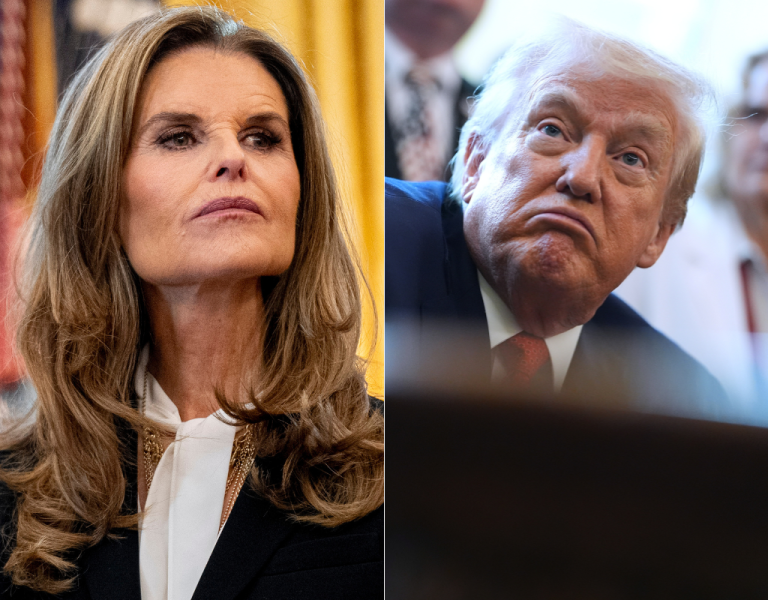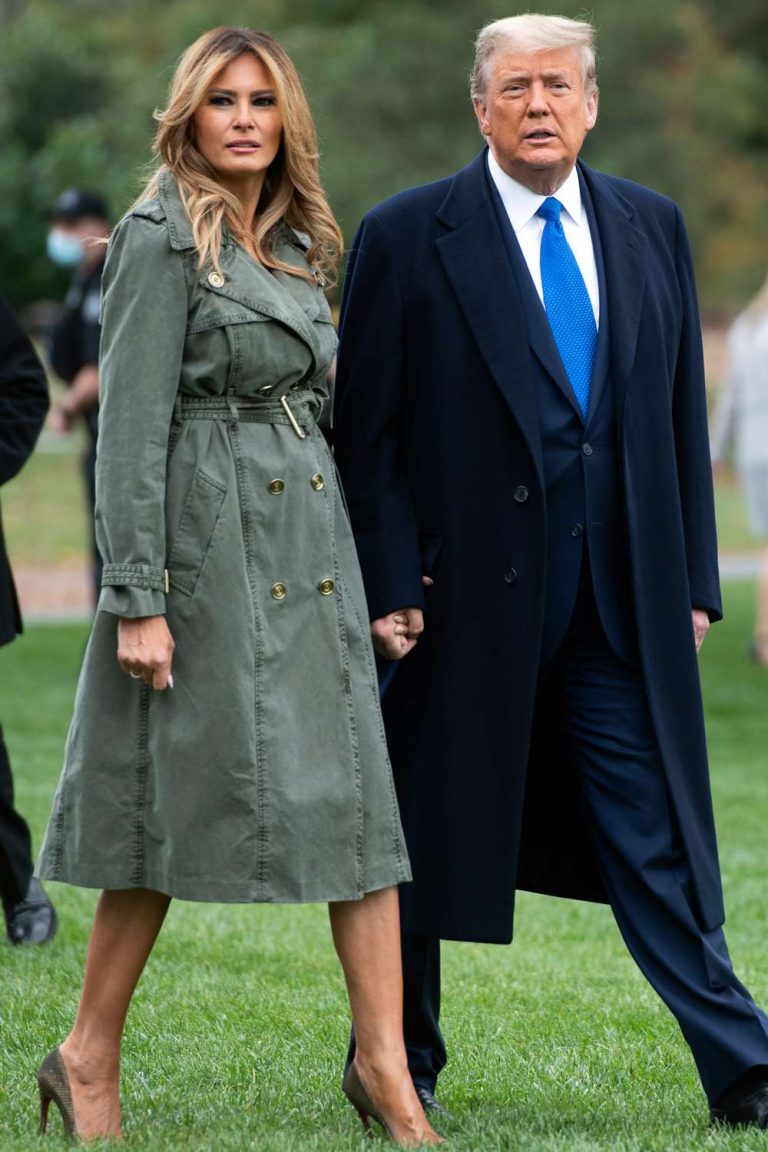Trump Administration Scores Procedural Victory in National Guard Deployment Case
A major legal development has emerged from an ongoing constitutional dispute that could redefine the balance between federal authority and state sovereignty in domestic security matters. The recent appeals court ruling represents a pivotal moment in a broader battle over presidential powers, one that has brought the highest levels of government into courtrooms nationwide and carries implications far beyond any single military deployment.
While the decision temporarily resolves a standoff between conflicting interpretations of federal law and executive authority, it also intensifies debate over the role of military forces in civilian law enforcement. What began as a dispute over troop deployments in Los Angeles has evolved into a far-reaching test of presidential powers during periods of civil unrest, setting precedents that may influence executive decisions and judicial oversight for years.
Appeals Court Ruling: A Procedural Win with Broader Consequences
On Thursday, the 9th U.S. Circuit Court of Appeals issued a short but significant order temporarily lifting restrictions on President Trump’s deployment of National Guard troops in Los Angeles. The order—under 100 words—granted an “administrative stay” of a lower court ruling that had sharply limited the Guard’s operational authority.
The lower court decision, issued September 2 by U.S. District Judge Charles Breyer, found that certain National Guard activities violated the Posse Comitatus Act, an 1878 law prohibiting federal troops from performing domestic policing duties. Breyer had permitted troops to guard federal facilities but barred them from arrests or crowd control, emphasizing the statute’s role in preventing the militarization of civilian law enforcement.
The three-judge panel—composed of Trump appointees Mark Bennett and Eric Miller and Biden appointee Jennifer Sung—highlighted the procedural nature of their ruling, stating that the stay “is only intended to preserve the status quo until the substantive motion for a stay pending appeal can be considered on the merits” and does not address the ultimate legality of the deployment.
Lower Court Restrictions and Immediate Impacts
Judge Breyer’s original ruling sought to balance public safety with statutory constraints. By restricting Guard operations, the decision would have reduced the role of roughly 300 remaining troops to defensive functions, such as protecting federal property, instead of active law enforcement duties. Enforcement of the order had been delayed until September 12 to allow the government time to appeal, demonstrating awareness of the operational challenges immediate implementation could create.
Administration’s Legal Arguments
In appealing to the 9th Circuit, the Trump administration emphasized presidential authority and public safety. Lawyers argued that Breyer’s restrictions improperly intruded into the Commander in Chief’s oversight of military operations, potentially endangering federal personnel and undermining security objectives. They contended that federalized National Guard units fall under the president’s constitutional discretion and that judicial second-guessing of operational decisions could compromise effectiveness during critical deployments.
The government also framed the dispute as a matter of immediate practical concern: the National Guard deployment was deemed necessary to manage unrest that local authorities could not address, and restrictions could jeopardize both law enforcement and civilian safety.
Origins of the Deployment
The legal conflict stems from a June deployment of thousands of National Guard members and Marines to Los Angeles in response to immigration-related protests that escalated into unrest. While most troops were gradually withdrawn as the situation stabilized, approximately 300 remained, sparking legal and political disputes over whether continued federal military presence infringed upon state authority.
California’s Democratic leaders, including Governor Gavin Newsom and Attorney General Rob Bonta, challenged the deployment as both legally unauthorized and an overreach into state sovereignty. They argued that National Guard units should remain under state control unless properly federalized by the president.
Posse Comitatus Act: Historical Context and Modern Relevance
Central to the case is the Posse Comitatus Act of 1878, originally designed to prevent federal military involvement in domestic policing following Reconstruction. While the law generally bars troops from civilian law enforcement, exceptions exist for properly federalized National Guard units. Debate continues over the scope of these exceptions and the procedures for invoking them, making this case a modern test of a law over 140 years old.
Broader Legal and Political Context
The Los Angeles deployment is part of a larger pattern of challenges to the administration’s domestic military operations. Similar lawsuits have arisen in Washington, D.C., and other Democratic-led cities, reflecting ongoing tensions over federal intervention in local law enforcement. These multi-jurisdictional disputes could eventually require Supreme Court clarification on the scope of presidential authority in domestic security contexts.
Constitutionally, the case raises fundamental questions about executive power versus judicial oversight. The administration argues courts should defer to the president on military deployments, while opponents stress the judiciary’s role in ensuring compliance with federal law. The outcome will likely shape how future administrations balance security needs with statutory limits and civil liberties.
Political Stakes Ahead
The National Guard litigation intersects with broader partisan conflicts over crime, immigration, and federalism, issues expected to play a significant role in the 2026 midterms. Democratic leaders argue federal deployments are excessive, while the administration frames military involvement as necessary to address out-of-control urban crime. The resolution of this legal battle could influence public perceptions of both policy effectiveness and executive authority.
Immediate Operational Effects and Future Proceedings
The 9th Circuit’s administrative stay allows the remaining 300 troops in Los Angeles to continue law enforcement operations without Breyer’s restrictions, pending further appeals. However, the ruling is temporary, and the legal landscape remains fluid. Depending on future appellate decisions, the operational authority of federalized troops could shift, affecting both planning and enforcement in the field.
Implications for Civil Liberties and Emergency Powers
This case has far-reaching implications for how presidents may use military forces domestically. Legal precedents set here could guide executive decisions in future civil unrest scenarios and influence congressional consideration of reforms to the Posse Comitatus Act. The dispute highlights the tension between security imperatives and civil liberties, underscoring the continuing relevance of federalism and constitutional checks in a polarized political environment.

James Jenkins is a celebrated Pulitzer Prize-winning author whose work has reshaped the way readers think about social justice and human rights in America. Raised in Atlanta, Georgia, James grew up in a community that instilled in him both resilience and a strong sense of responsibility toward others. After studying political science and creative writing at Howard University, he worked as a journalist covering civil rights issues before dedicating himself fully to fiction. His novels are known for their sharp, empathetic portraits of marginalized communities and for weaving personal stories with broader political realities. Jenkins’s breakout novel, Shadows of Freedom, won national acclaim for its unflinching look at systemic inequality, while his more recent works explore themes of identity, resilience, and the fight for dignity in the face of oppression. Beyond his novels, James is an active public speaker, lecturing at universities and participating in nonprofit initiatives that support literacy and community empowerment. He believes that storytelling is a way to preserve history and inspire change. When not writing, James enjoys jazz music, mentoring young writers, and traveling with his family to explore cultures and stories around the world.
